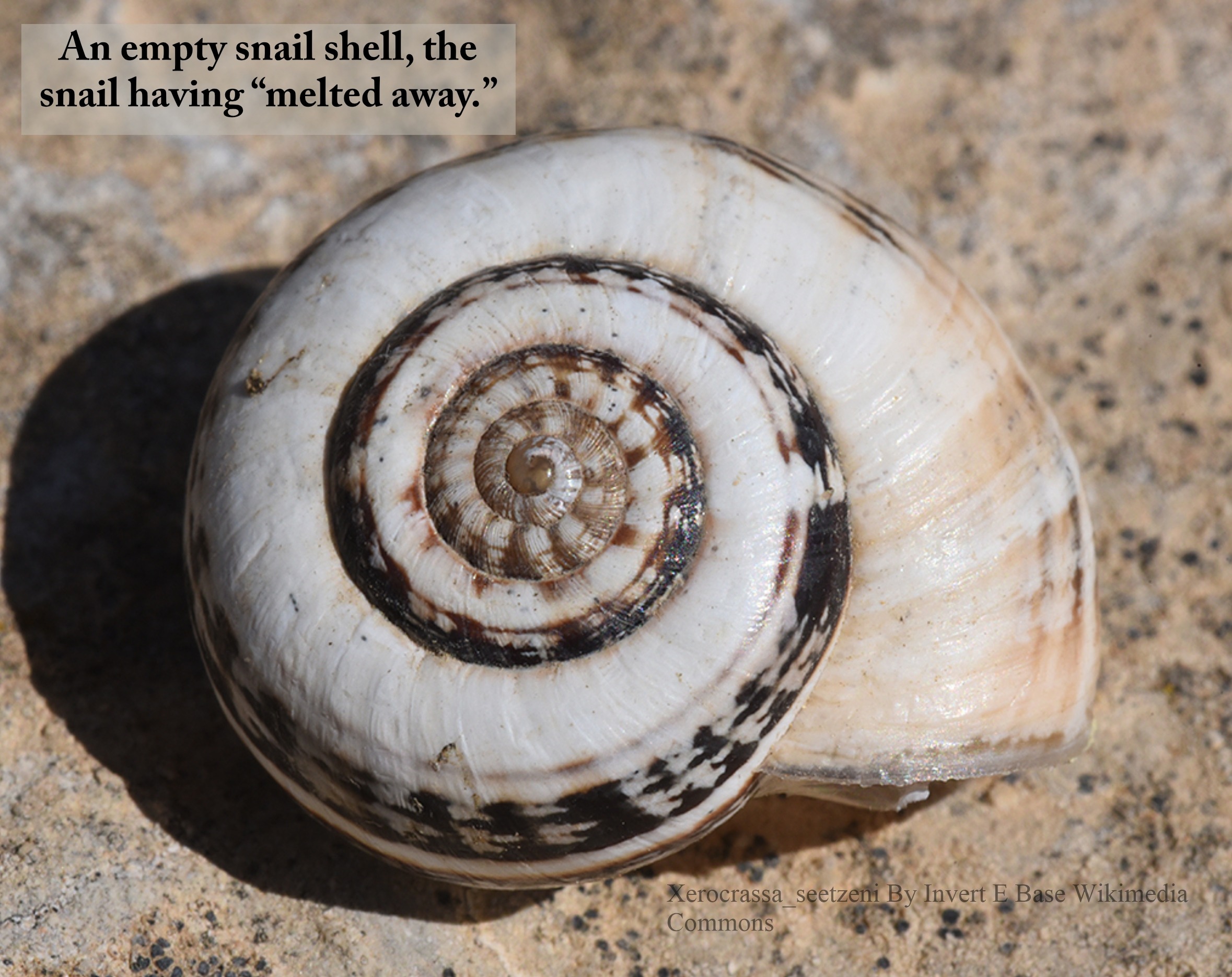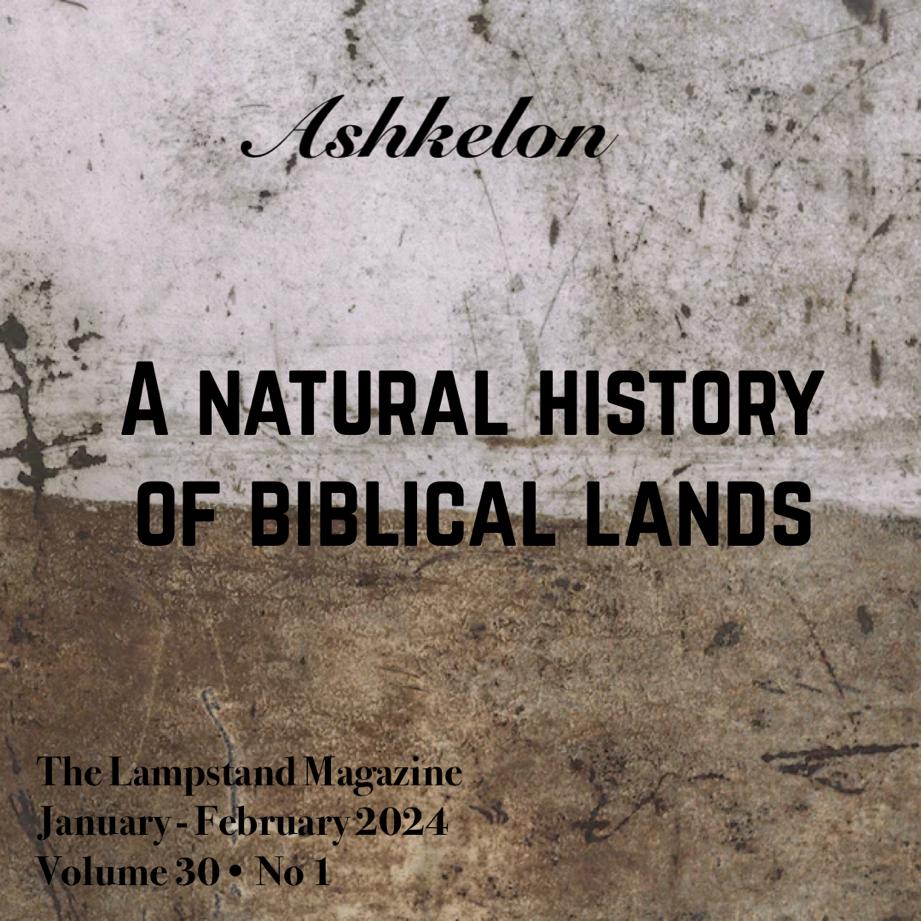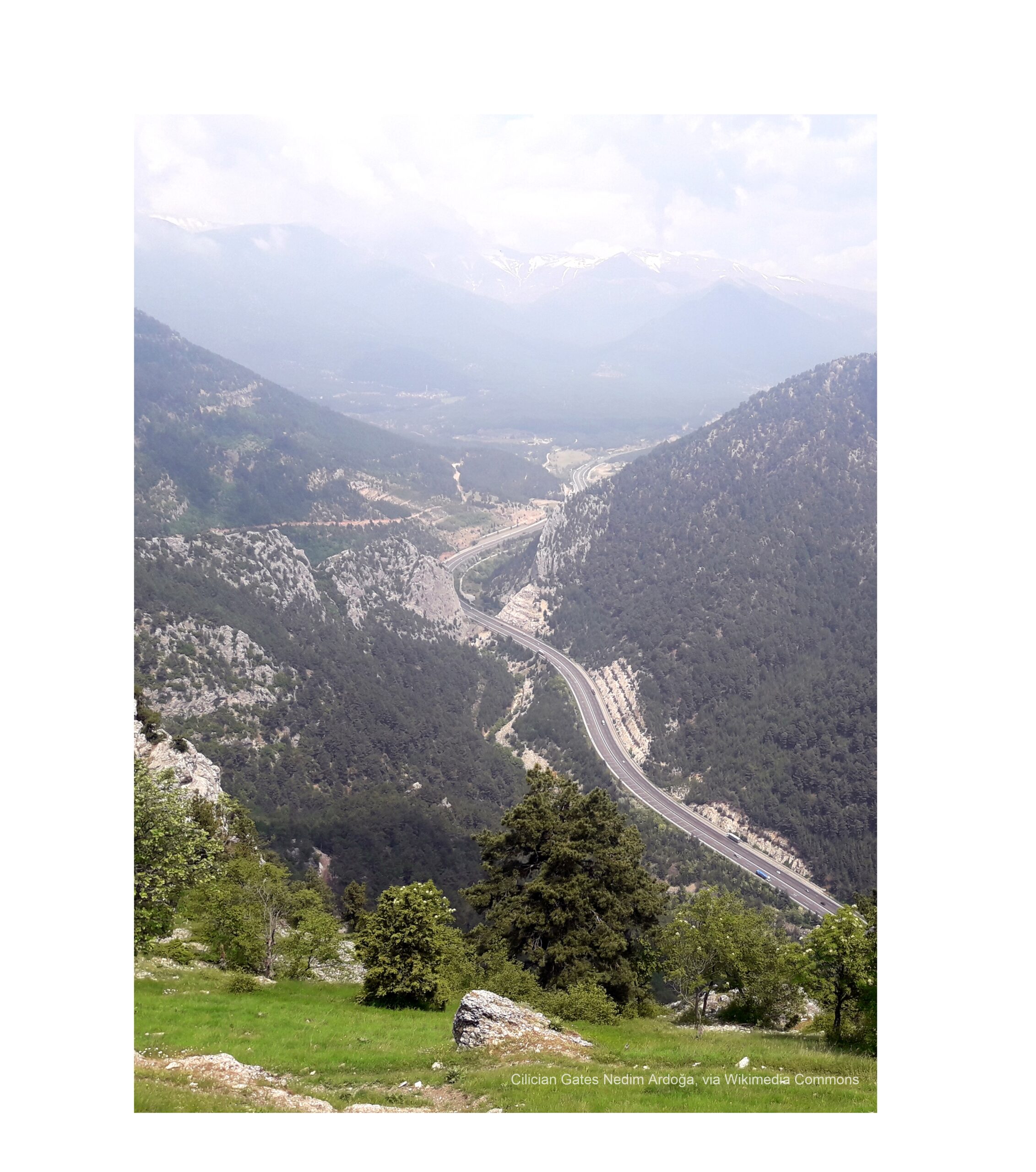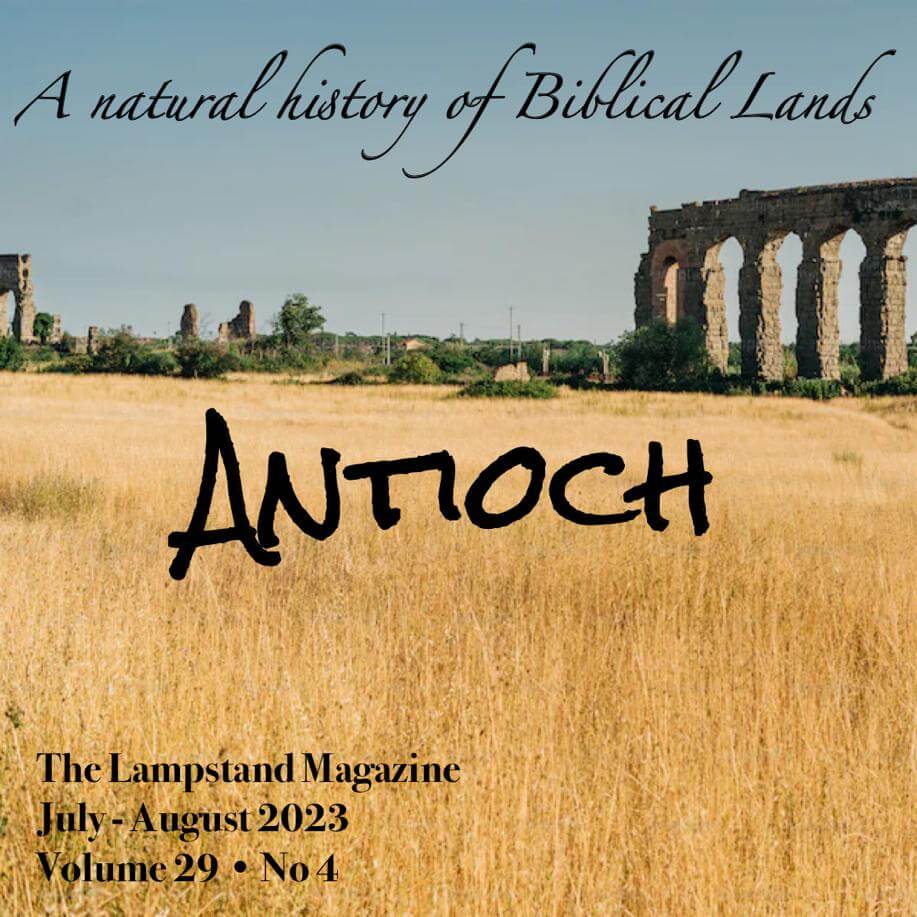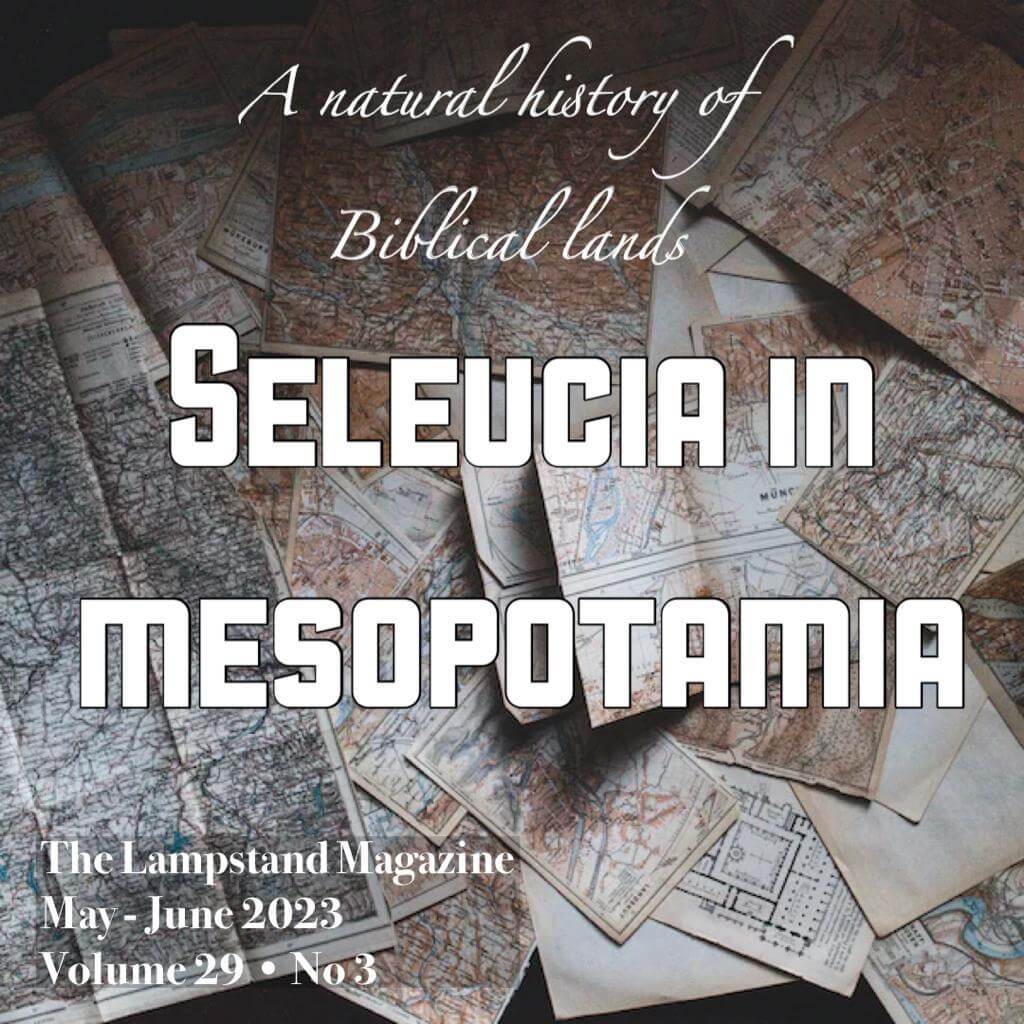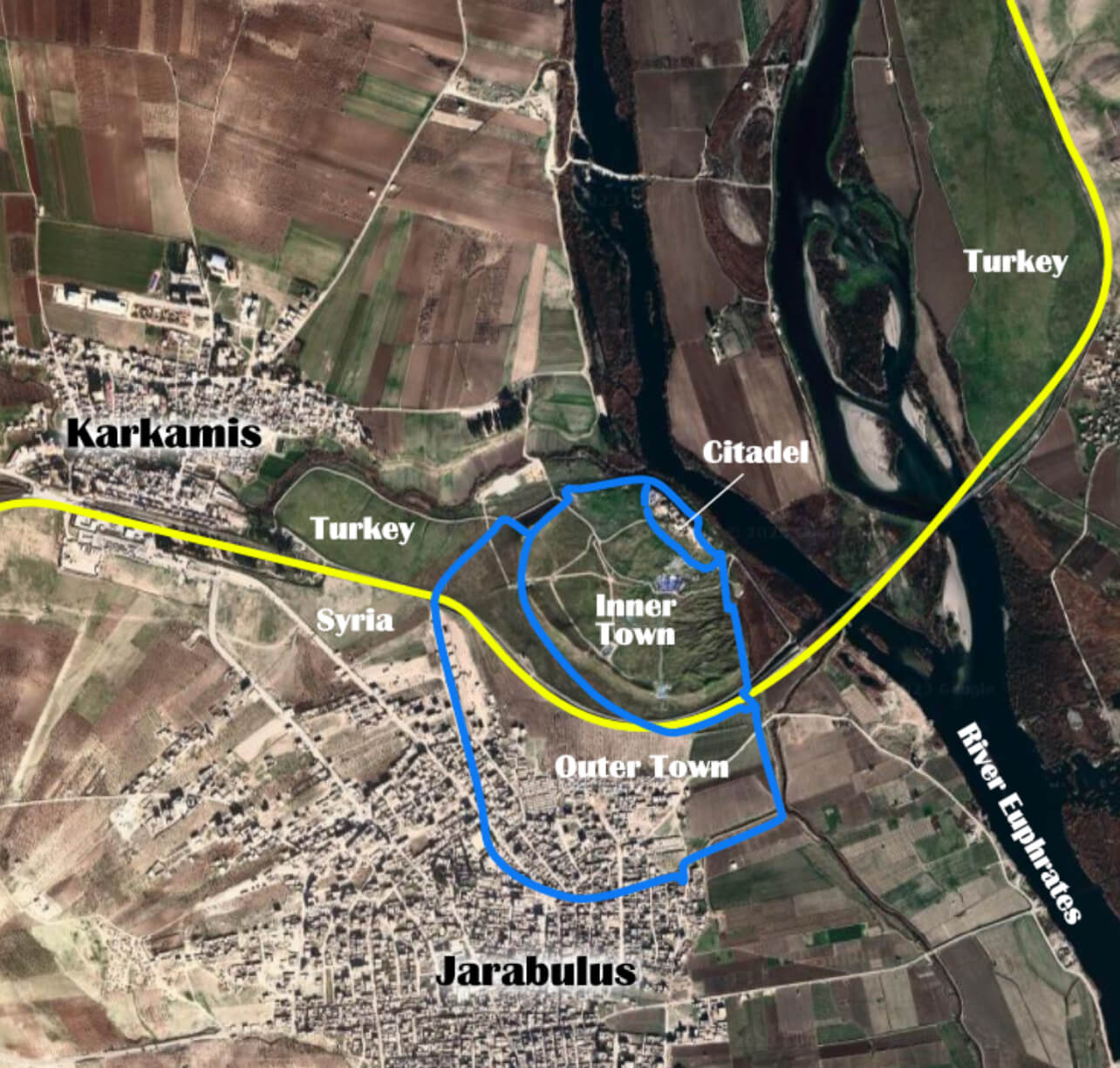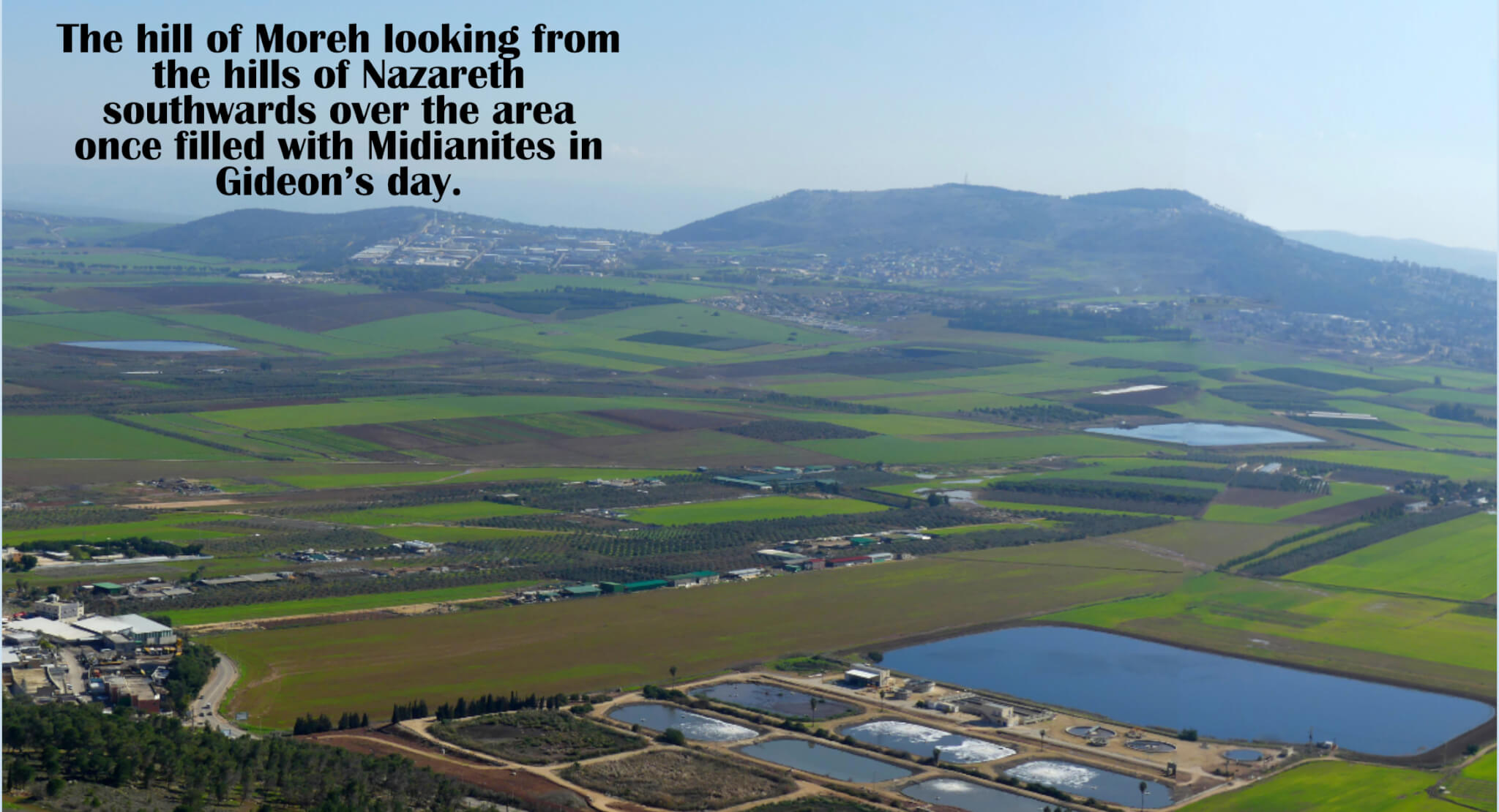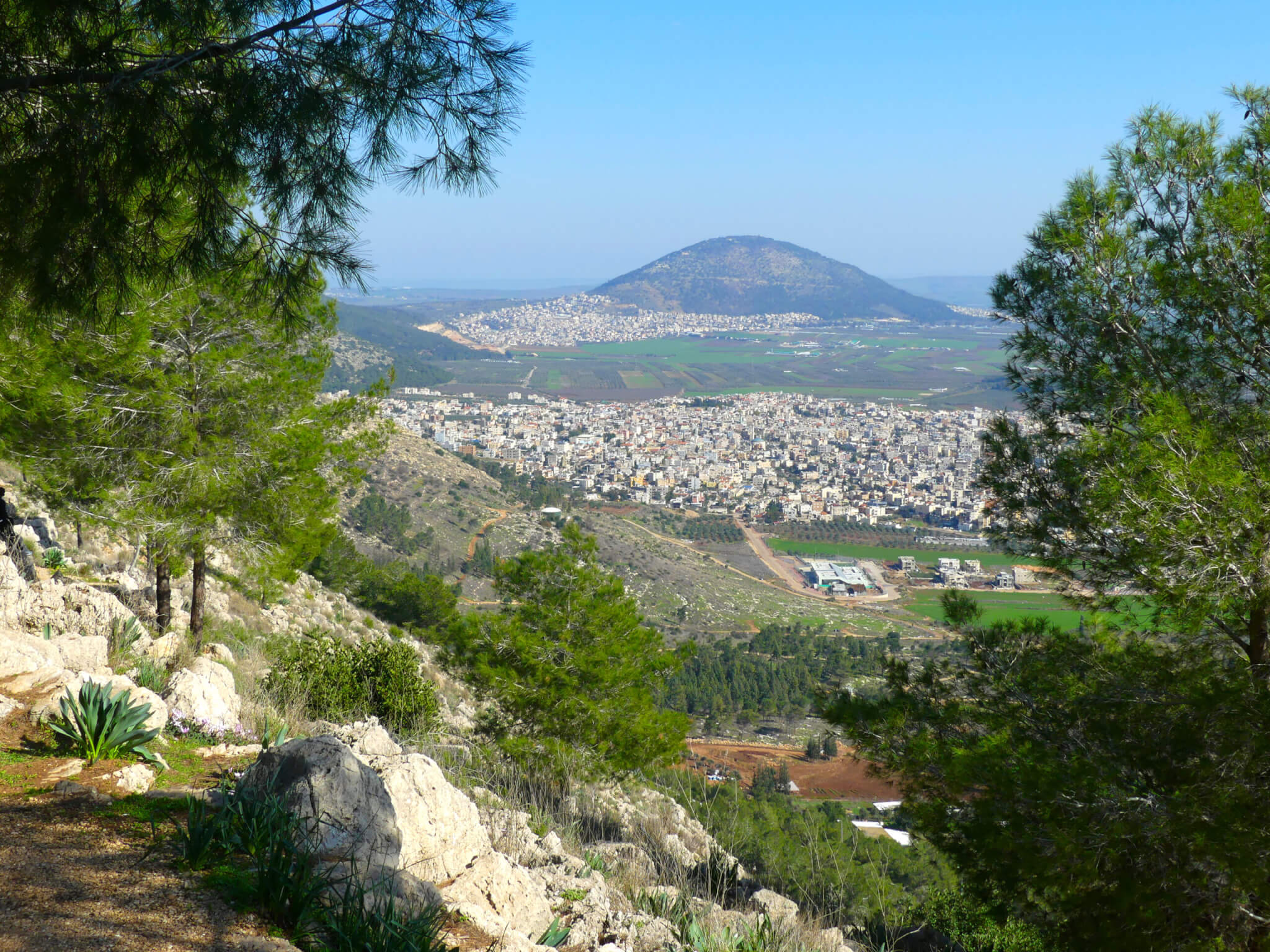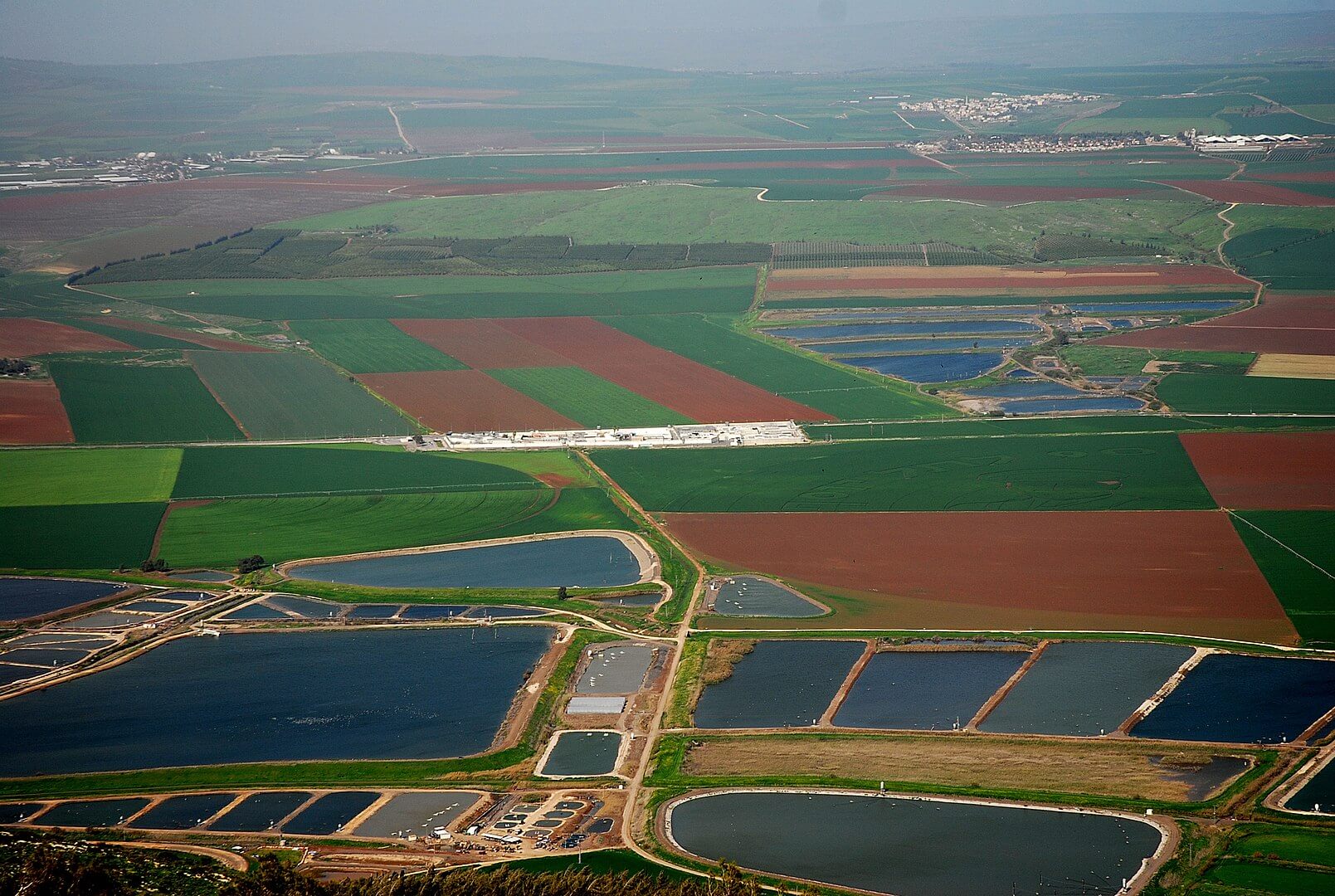Snails
The English word, snail, occurs twice in the KJV. The first occasion is in a list of unclean creeping things: “And the ferret, and the chameleon, and the lizard, and the snail, and the mole” (Lev 11:30). The Hebrew word in this place is chomet and most commentators identify it with a …

